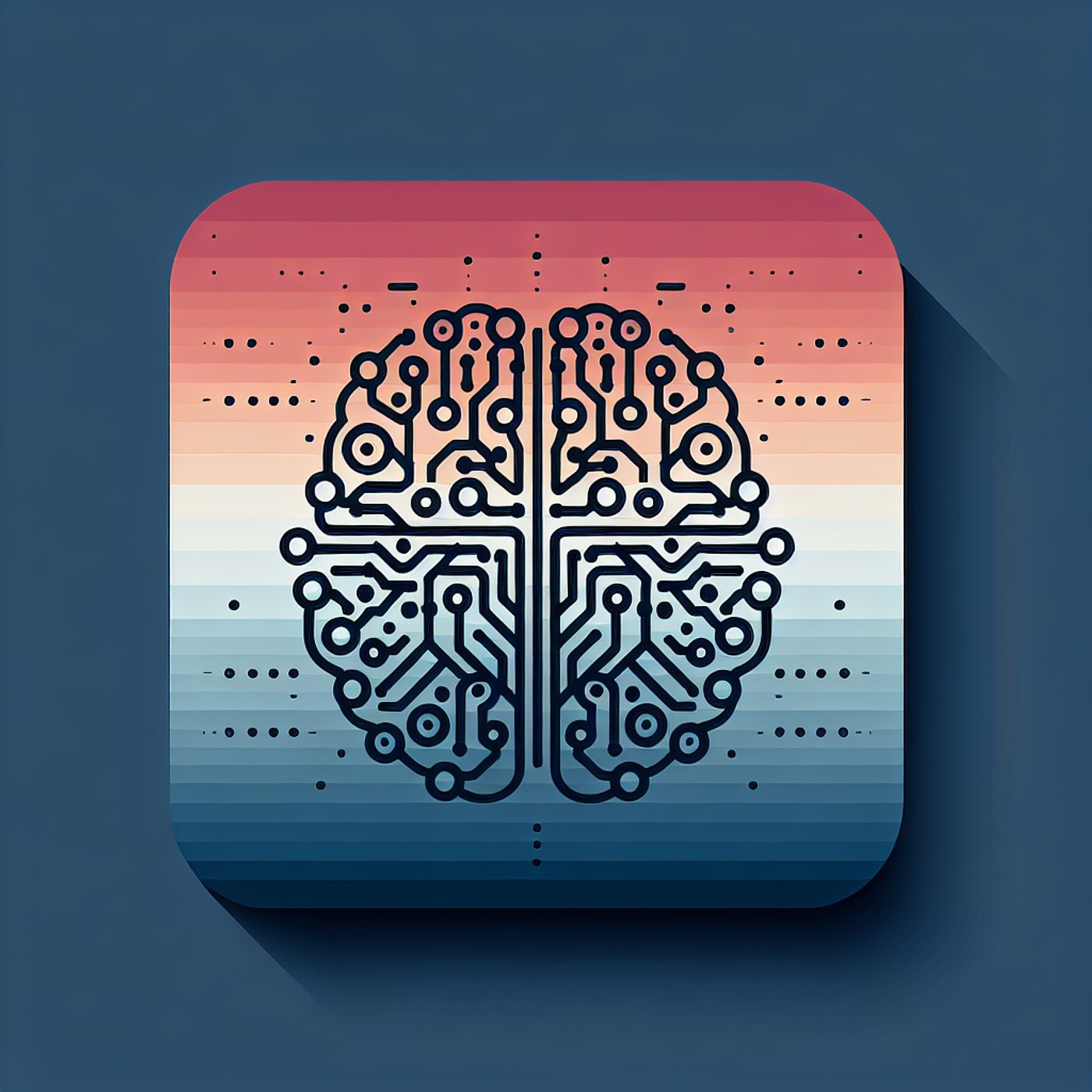
Revolutionizing RL: The Next GPT-3 Moment
Description
In this episode of Tech Talk Today, host Sarah welcomes AI expert Dr. Alex Thompson to explore the potential of a 'GPT-3 moment' in reinforcement learning (RL). Discover how traditional RL methods limit model generalization and what future advancements might look like. Dr. Thompson explains the need for massive-scale training across diverse environments, much like how GPT-3 redefined language models. Join us as we delve into the challenges and revolutionary solutions, including the concept of replication training, which could significantly enhance model training efficiency. Don't miss this insightful discussion on the future of AI and machine learning!
Show Notes
## Key Takeaways
1. Understanding the concept of a 'GPT-3 moment' in reinforcement learning.
2. Limitations of traditional RL methods in model generalization.
3. The importance of massive-scale training for future RL advancements.
4. Introduction to replication training for efficient model training.
## Topics Discussed
- GPT-3 and its implications for AI
- Challenges in scaling RL environments
- Future of AI and machine learning
Topics
Transcript
Host
Welcome back to another episode of Tech Talk Today! I’m your host, Sarah, and today we’re diving into a fascinating topic that’s capturing the attention of AI enthusiasts everywhere – the potential for a ‘GPT-3 moment’ in reinforcement learning! To help us unpack this, we have Dr. Alex Thompson, an expert in AI and machine learning. Welcome, Alex!
Expert
Thanks for having me, Sarah! I’m excited to be here and discuss this cutting-edge topic.
Host
Great! So, for our listeners who might not be familiar, could you explain what a GPT-3 moment is and how it relates to reinforcement learning?
Expert
Of course! GPT-3 was a groundbreaking language model that demonstrated how scaling up models could lead to impressive, task-agnostic performance without the need for extensive fine-tuning. In reinforcement learning, or RL, we’re still stuck in a pre-GPT-3 mindset where we train models on specific tasks in isolated environments.
Host
That makes sense. So, what’s the limitation of this traditional approach?
Expert
The main issue is that these models often struggle to generalize beyond the narrow tasks they've been trained on, which leads to unreliable performance in new situations. Think of it this way: it’s like training an athlete to excel in a single sport—if they suddenly need to play a different sport, they might not perform well at all.
Host
Got it! So, what do you envision for the future of RL? How can it achieve its own GPT-3 moment?
Expert
We believe that RL will shift towards training across thousands of diverse environments instead of fine-tuning a model in just a few. This massive-scale training can produce models that adapt quickly to new tasks, much like how GPT-3 can generate coherent text across various topics.
Host
That sounds revolutionary! But what kind of scale are we talking about here?
Expert
Currently, RL datasets are quite small. For instance, one dataset called DeepSeek-R1 was trained on about 600,000 math problems, which took around six years of human effort. In contrast, creating a dataset comparable to GPT-3 would take tens of thousands of years of human writing!
Host
Wow, that’s a huge difference! So, how much RL training would be needed to reach this scale?
Expert
Well, to match the compute budgets of current cutting-edge models, we might need about 10,000 years’ worth of human task-time. This is similar to the effort behind major software projects like Windows Server 2008 or Grand Theft Auto V.
Host
Incredible! And I imagine scaling up RL environments must come with its own challenges?
Expert
Absolutely! It’s critical that these environments are not only diverse but also automatically scoreable. This is where we propose a concept called replication training, where AIs replicate existing software and features to create new training data.
Host
So, essentially, we’d be leveraging existing content to train these models more efficiently?
Expert
Exactly! It’s like using an extensive library of knowledge to build a foundation for further learning.
Host
This is such an exciting area of research. Thanks for breaking it down for us, Alex! It sounds like the future of reinforcement learning is bright and full of potential.
Expert
Thank you, Sarah! I’m looking forward to seeing how this unfolds.
Host
And thank you, listeners, for tuning in! We’ll catch you in the next episode.
Create Your Own Podcast Library
Sign up to save articles and build your personalized podcast feed.